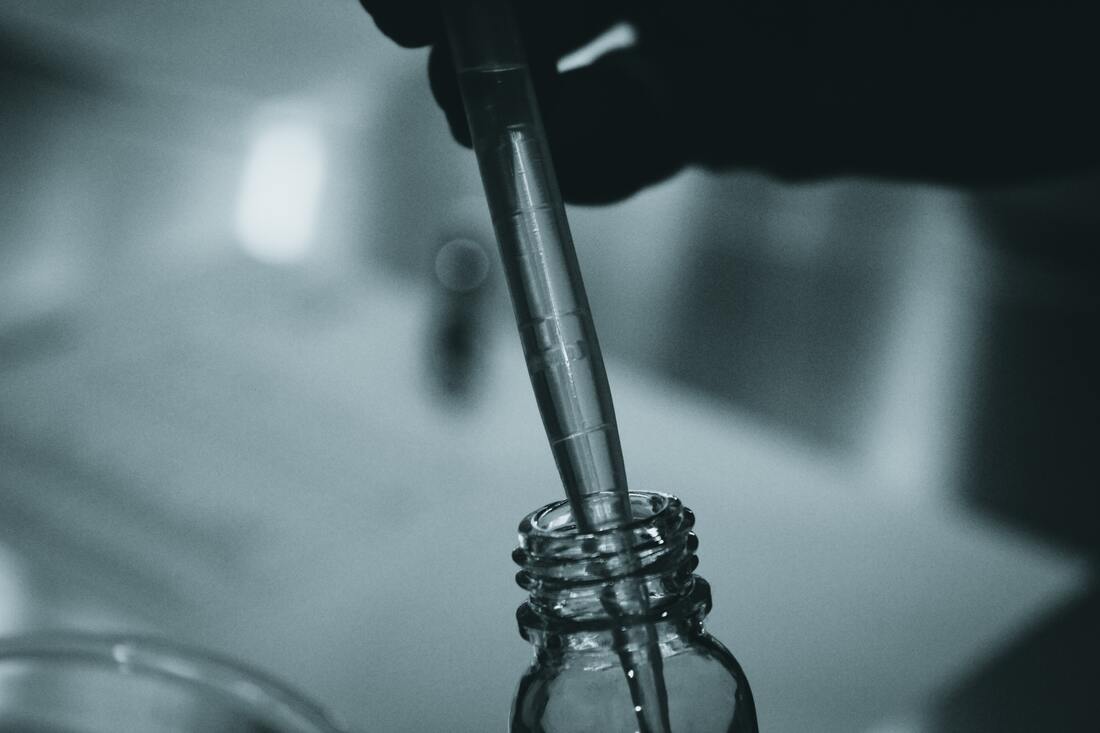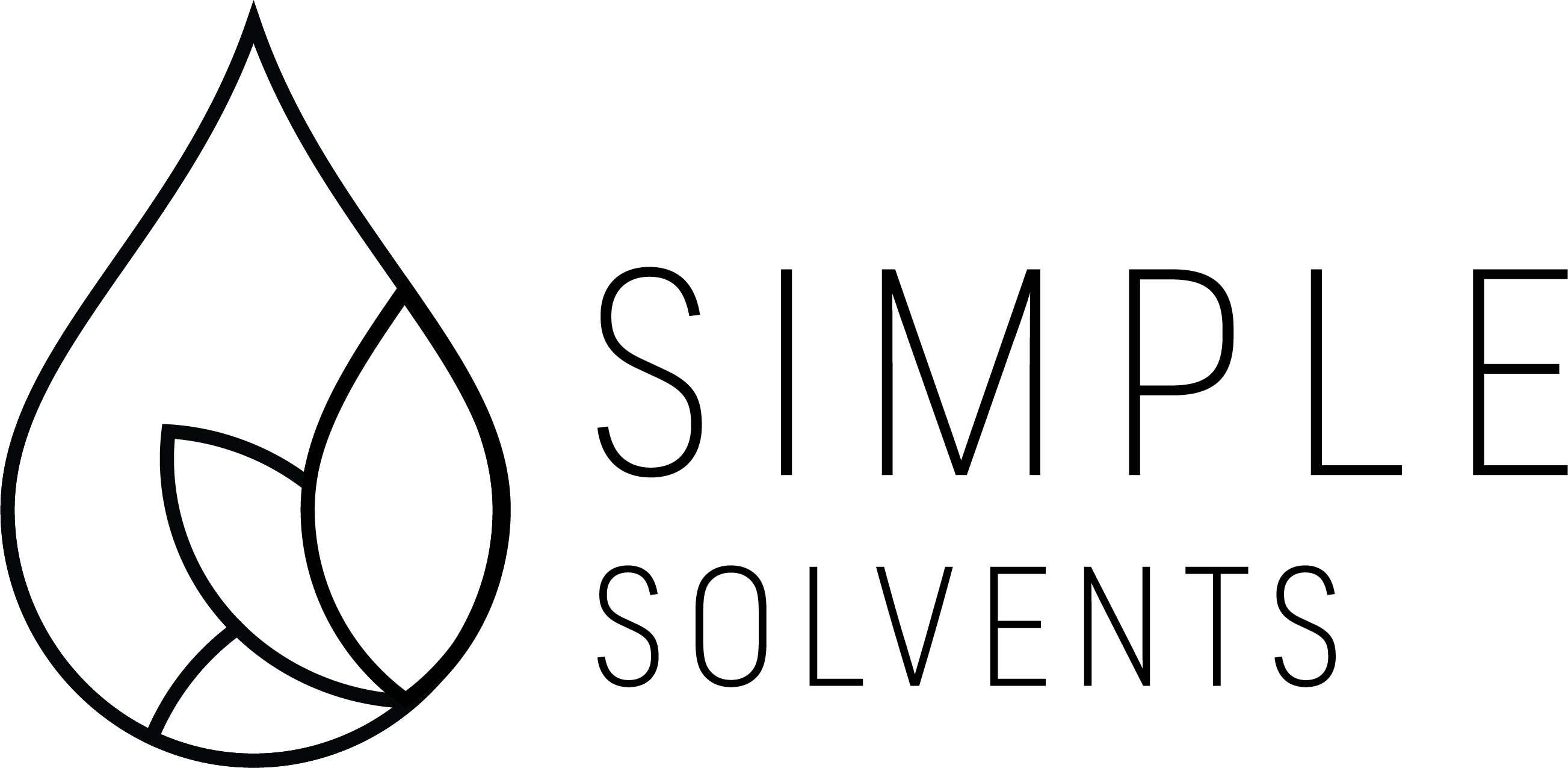Solvent Applications, Product Specifications, & Best Practices

Solvent Applications, Product Specifications, & Best Practices
From industrial manufacturing processes to home-based extraction projects, solvent applications vary, and solvents are indispensable components in many fields. The versatile nature of solvents provides a vast array of solvent applications – from serving as cleaning agents and degreasers to playing a vital role in botanical extraction. Understanding the diverse applications and product specifications of various solvents ensures you choose the ideal solution for your specific needs. Furthermore, familiarizing yourself with appropriate best practices guarantees optimal results, safety, and efficiency in your work processes.
In this comprehensive guide, we will delve into the world of solvents across multiple industries, discussing their applications and product specifications, as well as providing insight into the best practices for their usage. Our goal is to provide a solid foundation for anyone using solvents in their endeavors, equipping them with the knowledge and resources to make informed decisions and operate with confidence.
Join us as we venture into the exciting and versatile world of solvent applications, providing an invaluable resource for anyone seeking to expand their knowledge and understanding of this critical component in numerous industries. Whether you are a seasoned professional or a newcomer to the field, our guide will help you understand the intricacies of solvent applications, empowering you to work smarter, safer, and more efficiently in your pursuits.
Diverse Applications of Solvents in Various Industries
Solvents find extensive applications across a multitude of industries, proving their versatility and immense value. Let’s examine some prominent examples of solvent use in various sectors:
Pharmaceuticals: In the pharmaceutical industry, solvents play a significant role in drug production and purification processes. They facilitate reactions, dissolve active ingredients, and allow for efficient extraction and purification.
Manufacturing: Solvents are widely used in manufacturing processes, including the production of polymers, plastics, and other synthetic materials. They serve as valuable components in adhesive and coating formulations, offering a broad range of properties depending on the intended application.
Paints and Coatings: Solvents are crucial in creating paints, varnishes, and other coatings, determining the application method, drying time, and final appearance of a product. They enable optimal pigment dispersion, viscosity, and durability.
Cleaning and Degreasing: Industrial cleaners and degreasers often rely on solvents for their powerful dissolving capabilities. They help remove dirt, grease, and other contaminants from surfaces and parts in industries like automotive, electronics, and aerospace.
Botanical Extraction: Solvents like ethanol and n-butane find widespread use in the extraction of compounds from plants, including essential oils, flavors, and cannabinoids. Their unique properties and selective solubility make them ideal for these applications.
Product Specifications of Different Solvents
When selecting a solvent, understanding product specifications is crucial to ensure optimal performance in your intended application. Here are some key properties to consider:
Purity Grades: Solvents are available in various purity grades, including technical grade, food grade, and pharmaceutical grade. It’s essential to choose a grade suitable for your specific needs, considering factors like product quality, potential contaminants, and regulatory requirements.
Boiling Points: The boiling point of a solvent determines its evaporation rate, flammability, and ease of removal from a formulation or process. Matching a solvent’s boiling point to your desired application will improve efficiency and safety.
Polarities: Solvents are classified as polar or nonpolar, depending on their molecular structure and ability to dissolve polar or nonpolar compounds. Knowing your target compound’s polarity will help you select the most effective solvent for extraction or dissolution purposes.
Viscosity: The viscosity of a solvent significantly impacts its application, particularly in coatings and adhesives. Choosing the right viscosity ensures a smooth, even application and ultimately determines the end product’s performance.
Safety Precautions and Best Practices for Solvent Use
To ensure the safe handling and use of solvents, adhere to the following best practices:
- Understand the properties, hazards, and safety precautions associated with each solvent you work with by consulting safety data sheets (SDS) and other relevant resources.
- Select suitable personal protective equipment (PPE) for handling solvents, such as gloves, eyewear, and respirators, depending on the specific substance and its potential hazards.
- Store and dispose of solvents according to local, state, and federal regulations, following guidelines for safe storage, separation of incompatible substances, and environmentally responsible disposal.
- Ensure proper ventilation in your workspace and maintain a safety-first mindset, including emergency plans and fast-acting response measures in case of accidental spills or exposure.
Environmentally Responsible Disposal Guidelines
Disposing of solvents safely is crucial for environmental protection and regulatory compliance. Here are some guidelines to follow when disposing of used or unwanted solvents:
- Consult your local hazardous waste disposal facility for specific instructions, requirements, and protocols associated with your solvents.
- Consider solvent recycling or recovery options, which can minimize waste and save on disposal costs.
- Never dispose of solvents by dumping them down the drain or onto the ground, as this can lead to environmental damage and potential fines.
- Ensure you comply with all relevant waste disposal regulations and guidelines to maintain a responsible, environmentally friendly solvent use practice in your industry.
Conclusion
Whether you’re an experienced professional or just beginning your journey into the world of solvents, understanding their diverse applications, product specifications, and best practices is crucial for success. Deeper knowledge of solvent properties, safe handling, and proper disposal will enable you to make informed decisions, enhance your work processes, and maintain a safe, environmentally responsible operation.
At Simple Solvents, we’re committed to providing our customers with high-quality pharmaceutical-grade solvents and the resources they need to excel. By staying informed and educated about solvents and their myriad applications, you can confidently navigate this versatile world and achieve your goals with precision and assurance.
